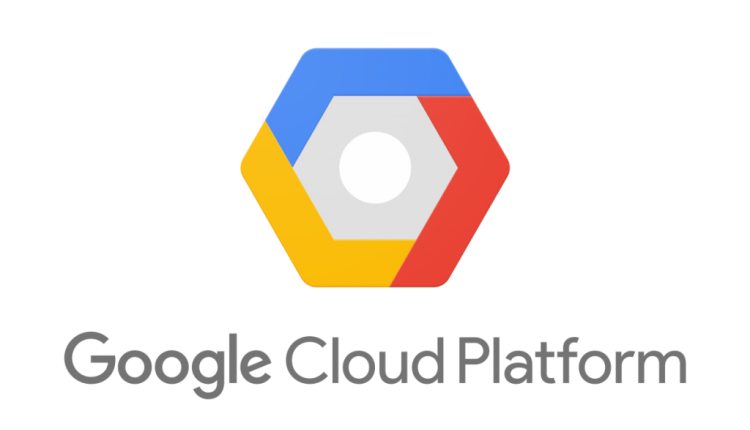Google rolls out AutoML Vision Edge and AutoML Video upgrades
Roughly a year ago, ahead of the launch of its ML Kit machine learning tools for Firebase, Google debuted Cloud AutoML, a cloud platform for creating custom AI models. Since then, the Mountain View company has nearly continually added prebuilt AI models addressing text translation, image classification, and other use cases to its suite’s portfolio. And today, it’s updating a subset of those AutoML Vision Edge and AutoML Video with enhanced capabilities.
Google also this week announced the rollout in beta of AI-based recommenders for Google Cloud Platform, which automatically suggest ways to make cloud deployments more secure and cost-effective without compromising performance. As of today, recommenders for Identity and Access Management (IAM) and Compute Engine are available to all Google Cloud customers.
AutoML Vision Edge
On the AutoML Vision Edge front, Google says that AutoML Vision Edge can now perform object detection as well as image classification on edge devices, including those using Nvidia, Arm, or other chipsets and running operating systems like Android and iOS. One customer Tryon, an AI-enabled startup specialized in designing and producing augmented reality software for jewelry ecommerce and retail stores has already tapped it to power an augmented reality shopping experience.

In related news, Google says that AutoML Video, a toolset designed to make it easier for businesses to train video-parsing AI models, can now track the movement of multiple items between frames. Furthermore, the latest version of the Video Intelligence API which boasts pretrained algorithms capable of recognizing a range of objects, places, and actions can now detect and recognize the logos of over 100,000 popular businesses and organizations in stored and streaming clips, which Google characterizes as a boon for brand safety, ad placement, and sports sponsorship scenarios.
AI-based recommenders
One of the first of the aforementioned Google Cloud recommenders out of the gate is the IAM Recommender, which detects overly permissive access policies in a given organization and makes adjustments based on the patterns of similar users. Google says the suggestions are generated by analyzing the IAM permissions for each customer individually to create an overall model to recommend more secure IAM policies, taking into account the environment.
As for the other recommender available in beta the Compute Engine Rightsizing Recommender for VM instances it analyzes processor and memory utilization over the previous eight days to identify the right machine type for the workload, preventing the provisioning of machines too small or large. Helpfully, its suggestions can be accessed programmatically through an API.
You’ll find both the IAM Recommender and the Compute Engine Rightsizing Recommender in the Cloud Console, from where you can view and optimize the policy bindings. To opt out of suggestions from either, head to the Recommendation section in the Security & Privacy navigation panel from the Cloud Console.


